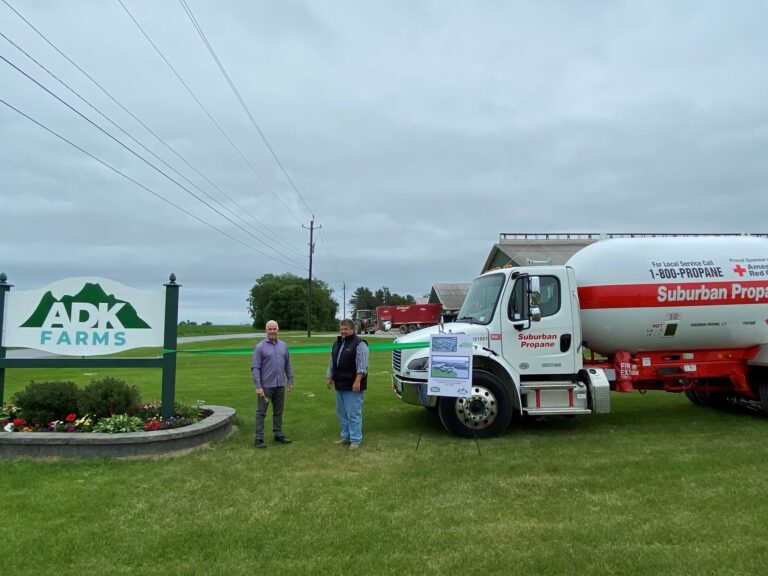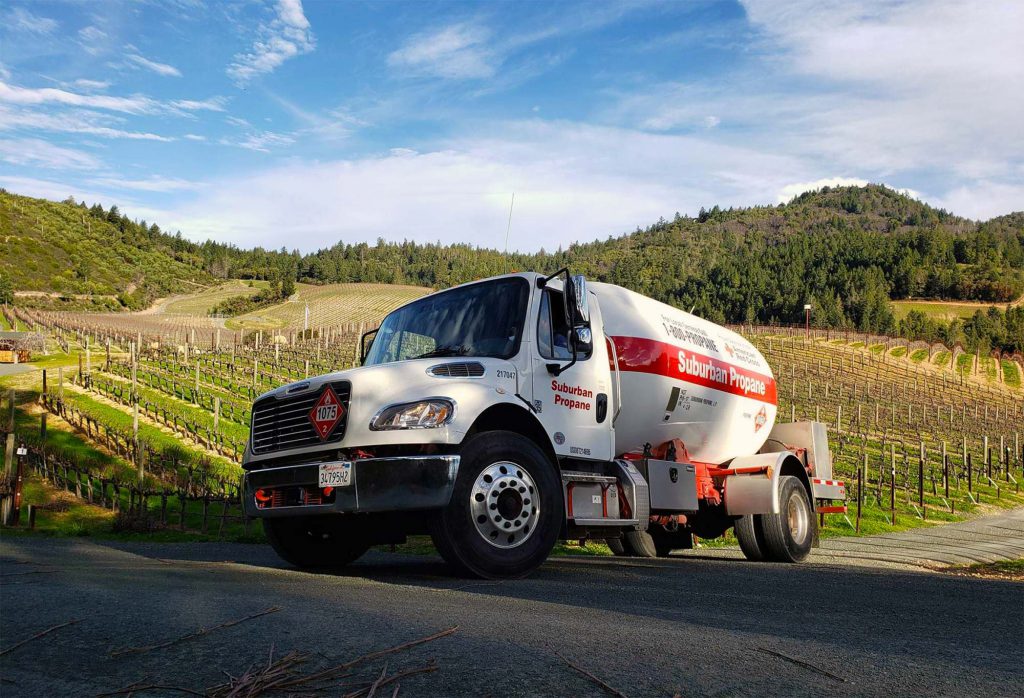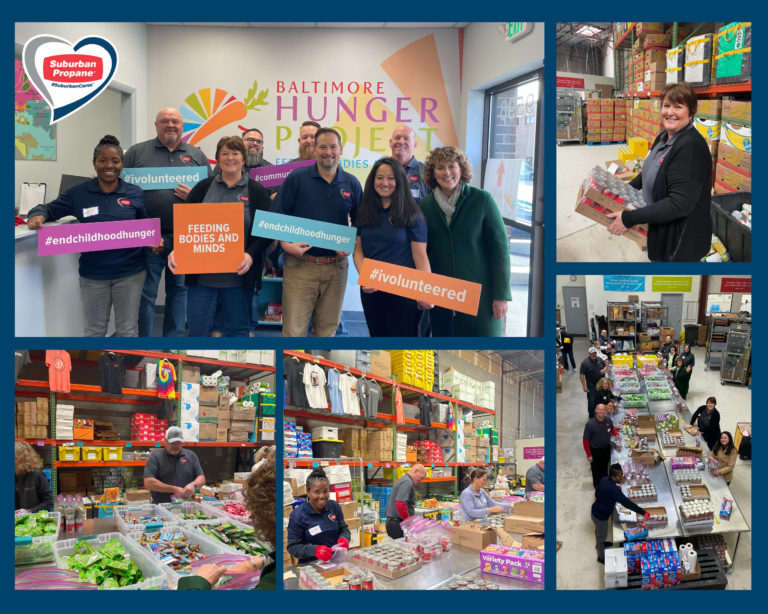Farmers at the Forefront of Our Low-Carbon Future

Dairy and other livestock produce manure, which can both be a valuable byproduct and a bit of a nuisance. For a long time, manure has been used as a fertilizer to grow crops. But without further management, manure also has an odor and can release methane into the atmosphere, which is a greenhouse gas many times more potent than carbon dioxide and a leading culprit of climate change.
Organic co-products such as manure (or even wastewater sludge, food waste, etc.) can be fed into biodigesters, which provide temperatures and conditions favorable to microorganisms, the powerhouse of the digestion process. The microorganisms break down, or “digest” the organic material, creating a biogas made up mostly of methane, along with a nutrient-rich slurry that can be used as fertilizer. The methane created in this process is captured, and can be turned into value-added products like electricity, heat, and fuel.
While biogas can be burned directly to create electricity for a farm and the communities they serve, a growing practice is to further process it (by removing impurities, or non-methane gases) into renewable natural gas (RNG). To tackle our pressing and complex climate and environmental challenges, we need a portfolio of diverse, innovative solutions. RNG plays an essential role in such a portfolio, as it can be transported and stored in the existing natural gas infrastructure.
RNG is chemically identical to natural gas, making it a drop-in replacement for natural gas. This means that it can play the same role that fossil-based natural gas does, in any sector of our economy. Moreover, the lifecycle carbon footprint of RNG, or the carbon intensity, is significantly less than that of conventional natural gas. With increasing demand for lower- or zero-carbon energy sources, RNG can benefit from various market incentives at both the federal and state level, such as the Renewable Fuel Standard, Low Carbon Fuel Standard, Renewable Energy Credits, tax credits, and carbon offsets.
Suburban Propane is further expanding its portfolio of clean energy options under the company’s newly-formed Suburban Renewable Energy, LLC (“Suburban Renewables”) division, and plans to build a new biodigester at Adirondack Farms of Peru, NY, to convert manure from the farm’s dairy operations into RNG.
Learn more at: Suburban Propane Partners, L.P. Announces Agreement with Adirondack Farms to Convert Dairy Manure to Renewable Natural Gas
Share this story, choose your platform:
Related Posts
Peace of mind
with dependable
fuel supply, when
you need it

COMMUNITY
700+
Locations providing exceptional service to local communities across 42 states
EXPERIENCE
95+
Years serving our customers and their communities. Customer satisfaction since 1928
CUSTOMER SERVICE
3,300+
Dedicated employees ready to assist you with quality service for all your fuel needs
RELIABILITY
24/7/365
We are here for you with customer service representatives standing by to take your call
Please call us 24/7/365 at 1-800-PROPANE



